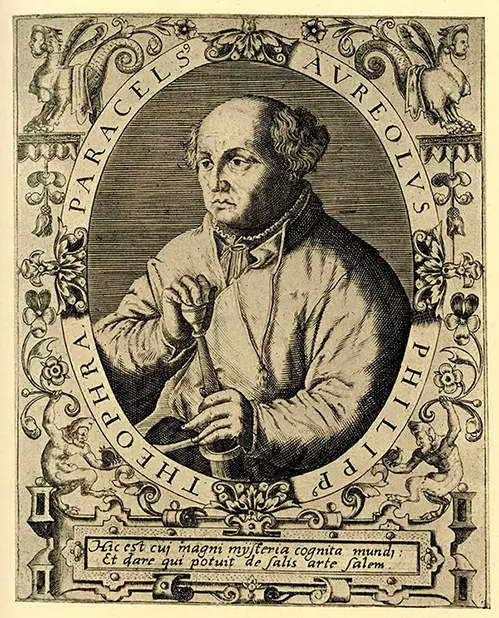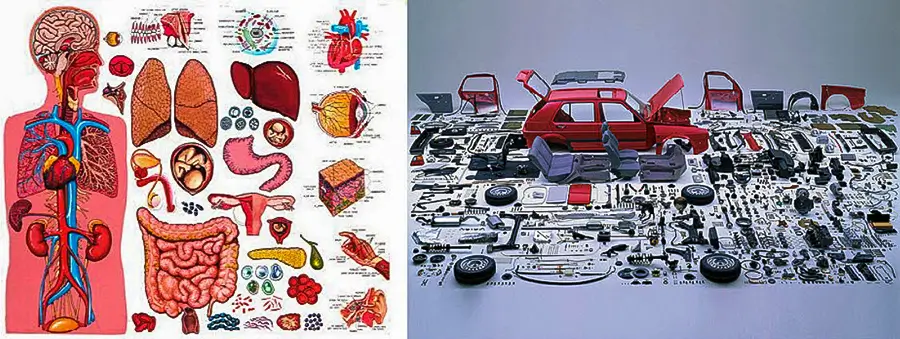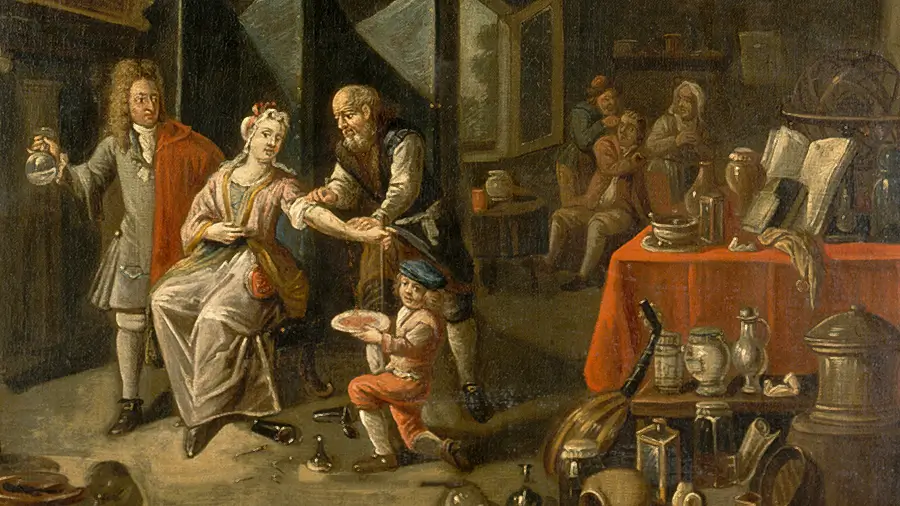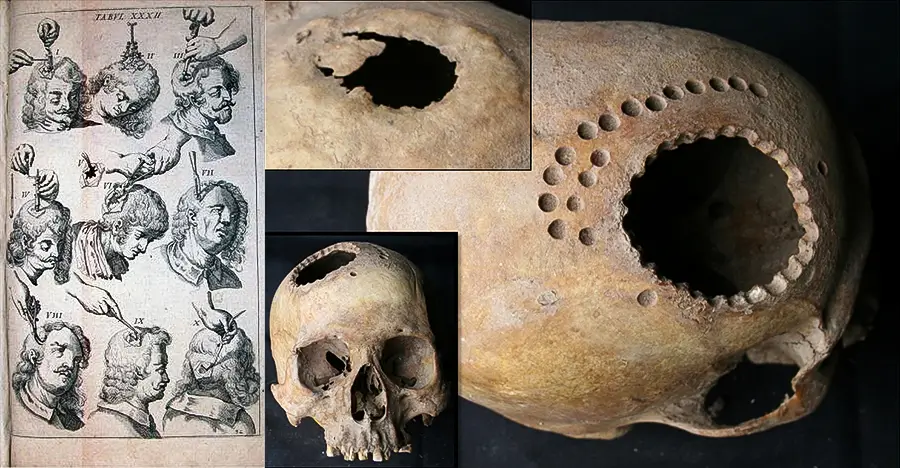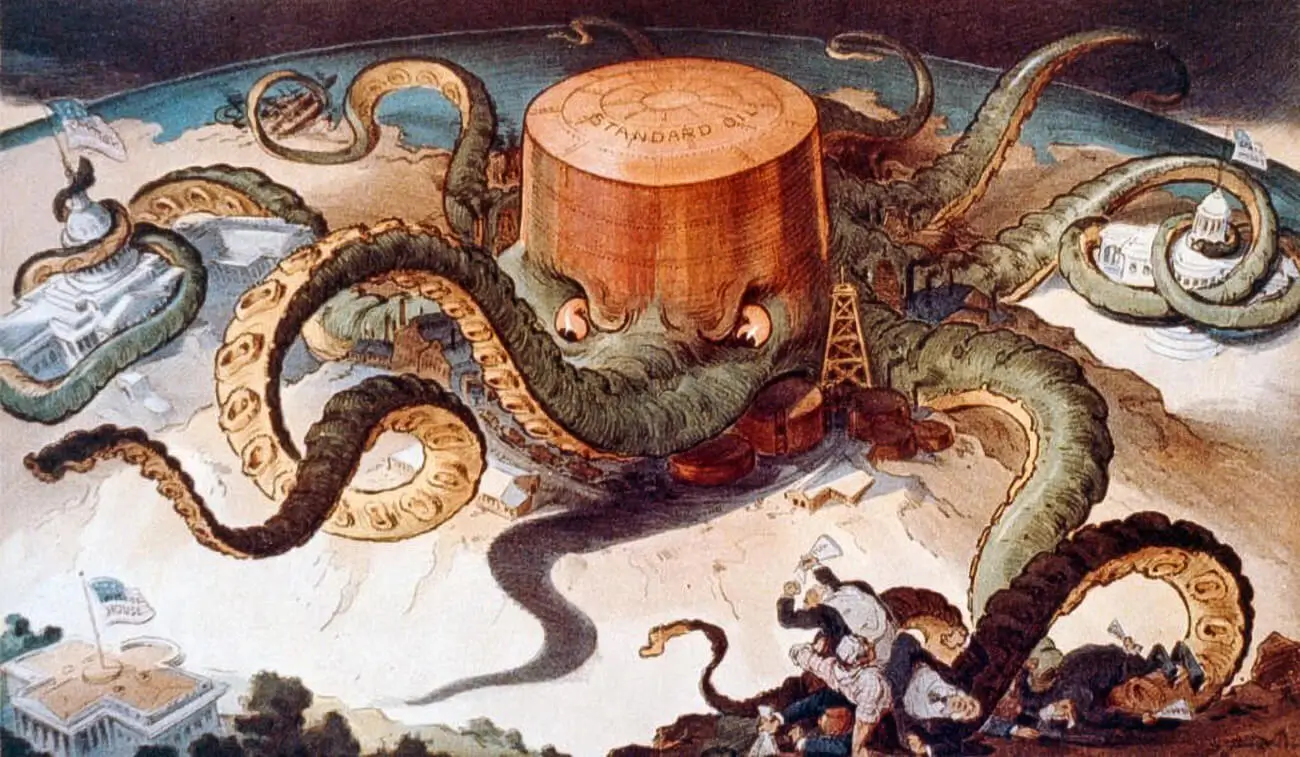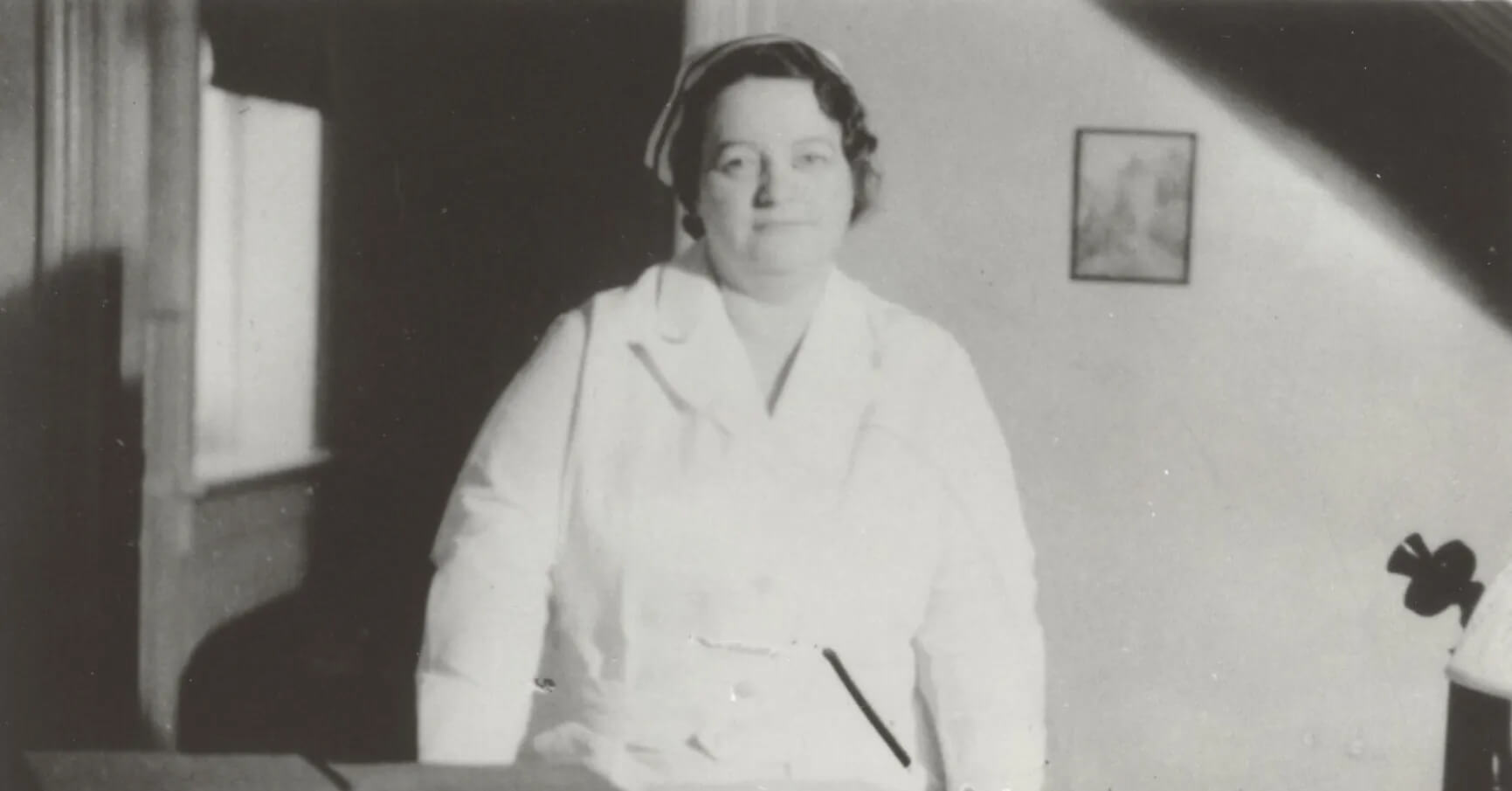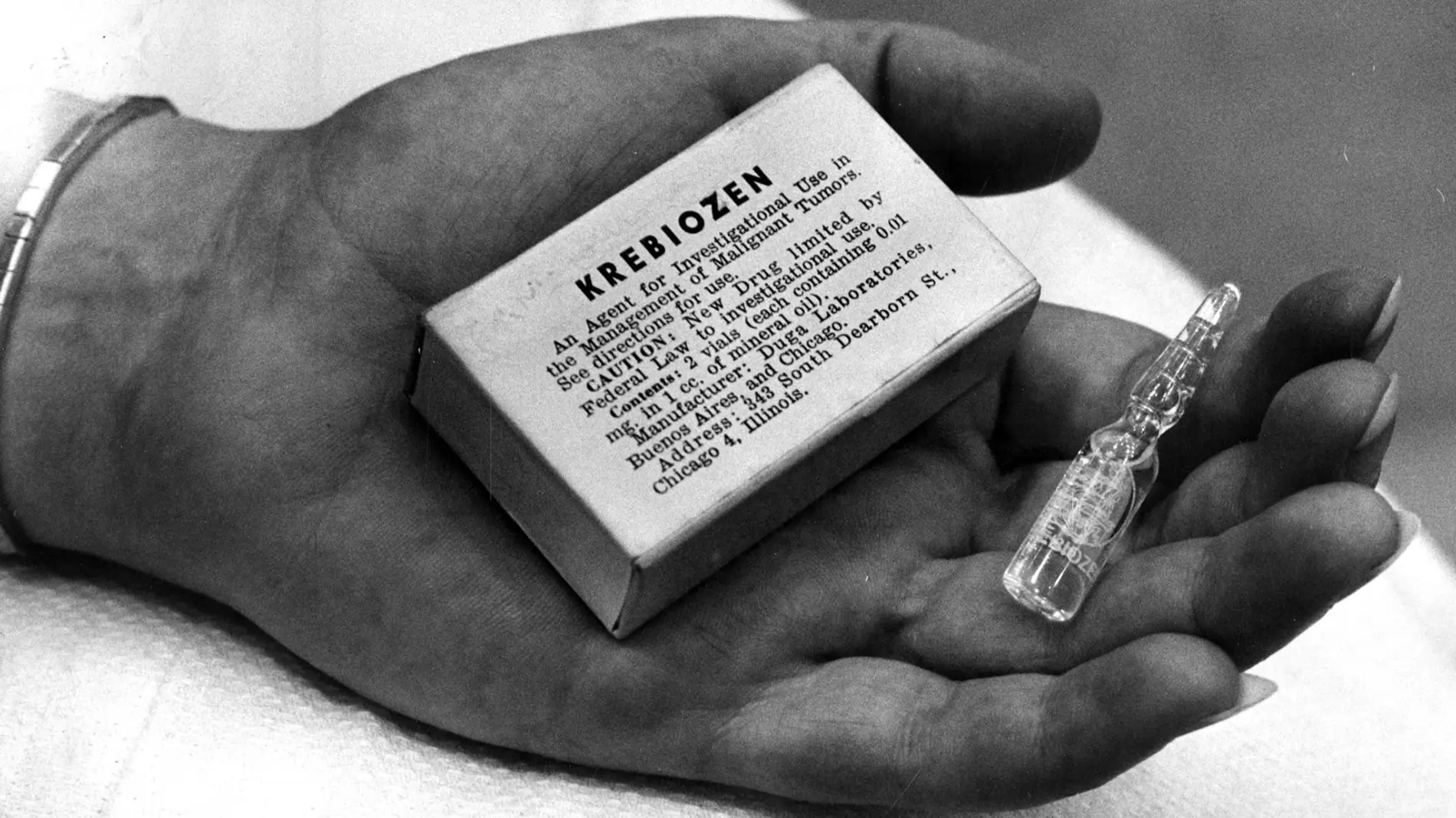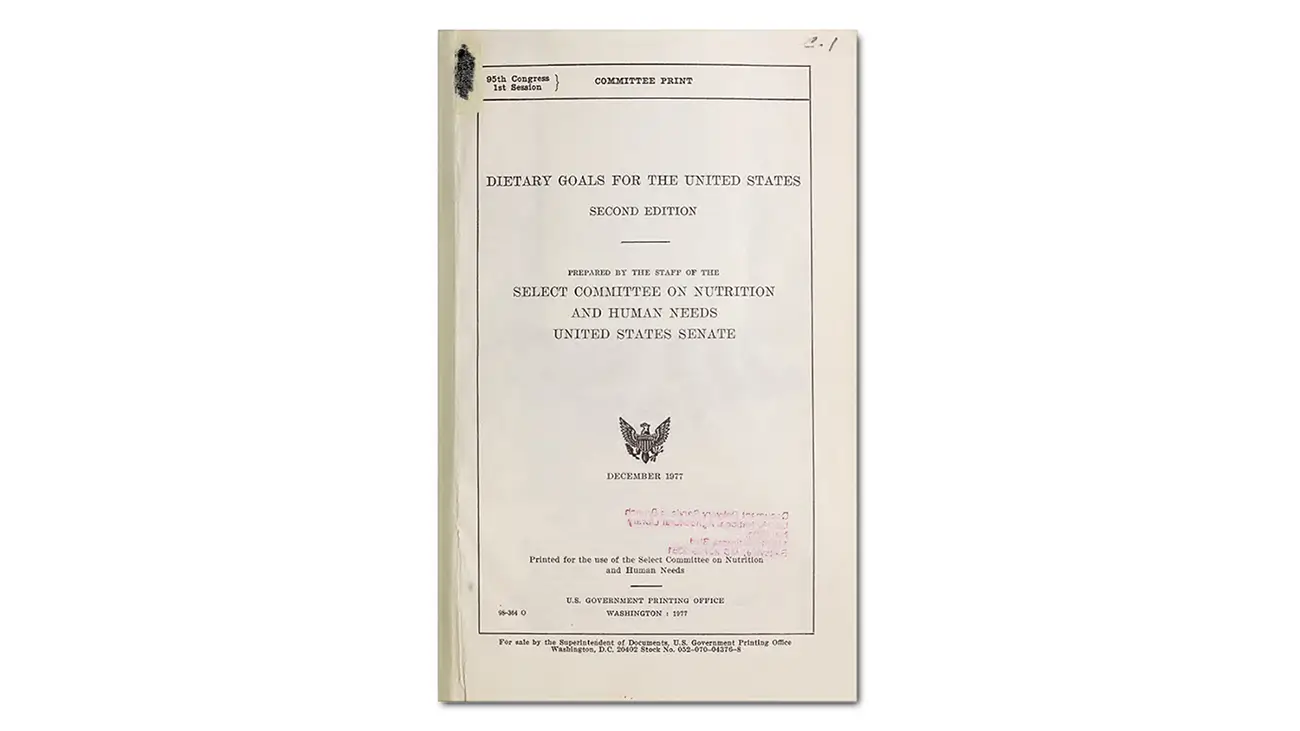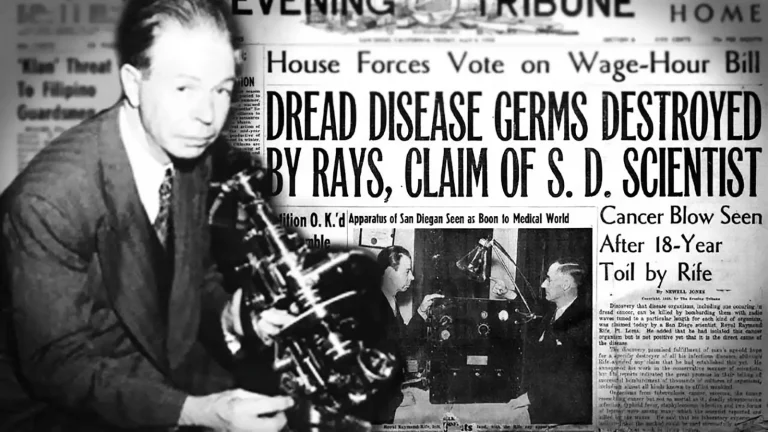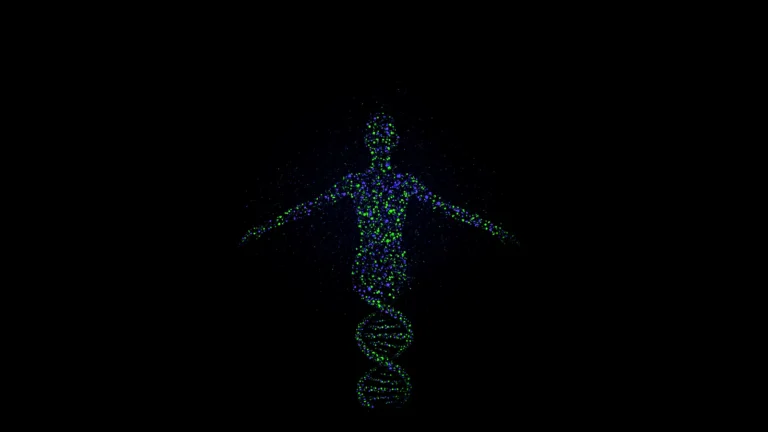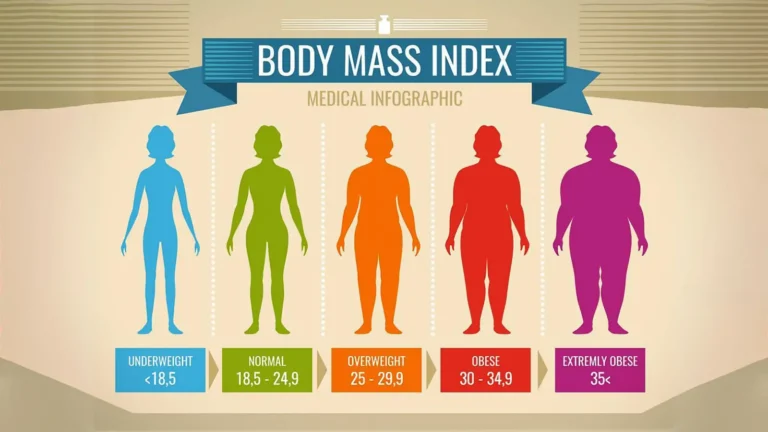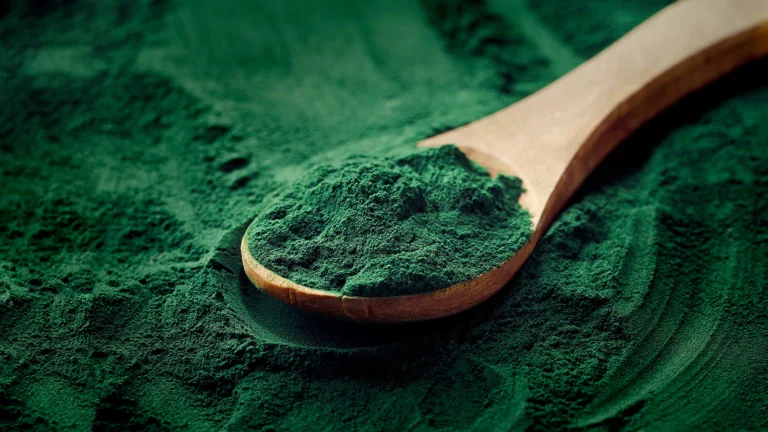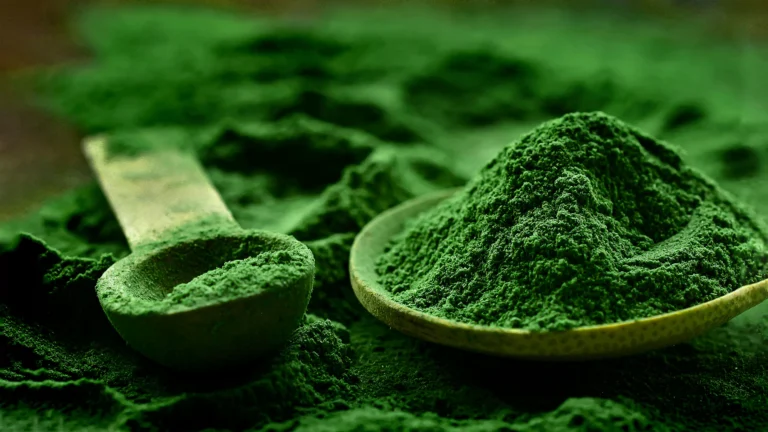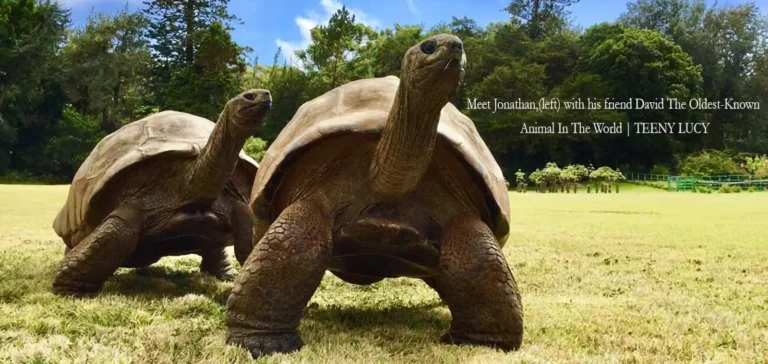Allopathic Medicine-The Psychology of Fear
Around 100 years ago allopathic medicine was finally able to neutralize holistic empirical doctors. Allopathic MDs don’t treat diseases, they treat symptoms.
Milos Pokimica
Written By: Milos Pokimica
Medically Reviewed by: Dr. Xiùying Wáng, M.D.
Updated June 9, 2023People are born with only two instinctive fears. One is the fear of falling, and the other is the fear of intense noises. Everything else we fear has been obtained during our lifetime and is usually generated by some circumstances and situations that have registered in our minds and emotions in a way that makes us feel scared. That is when our body responds with the fight or flight response.
Fear is the strongest emotion of all, and it eventually conditions our behavior. Fear is stronger than rational thinking because it is a conditioned evolutionary response for keeping us alive. For all animals and for our hominin ancestors some real fears were fear of becoming a meal and fear of starvation.
The humans might add the third one, and that is fear of the disease.
Today we do not have to fear predation anymore and for most of the developed world fear of hunger does not exist. However, there is still fear of the disease. And where is fear there is manipulation.
Some people are very good at utilizing the emotions of others for their own benefit. They like to call that marketing or propaganda. It is just emotional manipulation. In some cases, withholding the facts can have the same desired effect.
Don’t get me wrong having a profit in medicine is nothing bad. The problem arose when medicine became part of a larger hierarchical structure system that is designed for widespread control and usage of people as a resource.
In modern medicine, profit is mostly made on sick people. Healthy individuals are not very lucrative. You can sell them supplements, but that market is not where the real money lies. Nobody around you will have any interest to tell you the whole truth and keep you healthy except you. It is only your job and nobody else’s. It is not the job of your doctor. He does not care about your health. He is going to stop listening to you seconds after you started speaking. What he is going to do is to write the prescription, and if anything goes wrong, he is also considering how to protect himself from liability. That is his real job. Even if he wanted to spend time on you, he would have a hard time because the doctors themselves do not know what the truth is outside of what they learn in college and actually have a life expectancy that is much shorter than average. Furthermore, even if there is some real miracle cure the interest will be to silence it. Just cancer treatment drugs made the industry $117 billion worldwide in 2018 and are projected to exceed $150 billion by 2021. And that is without an endless chain of medical tests, operations, and support therapies. That is a reality.
We are an evolutionary condition to fear and hate so that we can improve and adapt and survive. High happiness and love have nothing to do with survival in ever-changing habitats. More intelligent members of our society will and they do manipulate people’s fears for profit and control. Judging by the legislation that WHO is pushing and the industry standards for preventive medicine which is another scam the goal of public health policy in 21 century would be to spread constant fear for the larger and larger segment of the population. This might be hard to understand logically so I will rephrase it this way.
Do you have any anxiety if you don’t have health insurance? How about something insignificant like a dental plan? Do you have a fear if you do not check yourself annually? What about breast cancer or some other cancer prevention screening? Do you think that you would feel any anxiety if the doctor does tell you that you have cancer? Do you believe that you would be able to live in constant fear of getting it if you have a genetic predisposition? Do you fear disobeying your doctor? What if you don’t vaccinate your kids? It is mandatory. You do not even have a choice.
Why do you think that industry does all the things that it does to the “alternative,” “pseudo,” and all other “names” scientists that do not follow the company line of medicine? Do you think that this is just so that you can be safe from bad doctors that will do you harm because they are all insane and snake oil salesmen? Do you know that doctors themselves fear losing their job for not following industry guidelines? Do you think “they” care about you? At the end of the day, the medicine did release us from infections with antibiotics and vaccines.
Around 100 years ago modern medicine was finally able to neutralize so-called empirical doctors or holistic or natural healers. In the 1800s society was split between two forms of medicine and there was the regulation of both forms with laws and restrictions equally. Patients had a choice of using both forms of treatment, the allopath’s, and the empirics. The balance and coexistence of both medical branches remained equal until about the turn of the century and new medical treatments emerged that were potentially very profitable.
The American Medical Association was joined and influenced by strong financial and controlling forces and transformed medicine into an industry. International banking cartels invested tremendous amounts of money into the founding of the new industry, in particular into the schools that were complacent in cooperating with them. For the money, they spent they had a request to put some of their people on a board of directors to see that their money is spent wisely. What happens was that all of the major universities received large grants from these people and also accepted one or more of these people on the board of directors. Now, these people were not there to spread science and learning in pursuit of social well-being and human happiness. They were put there as a larger scheme of plans to ensure the interest of the bankers. Almost overnight schools were literally taken over. The schools did get large amounts of money, and they did spend it on new expensive equipment and built new buildings and new laboratories, and hired more researchers and teachers. However, at the same time, they sold their interest to the growing industry called medicine dominated by newly founded pharmaceutical companies. Physicians from that time onward in history would be taught pharmaceutical drugs and allopathic forms of interventional medicine for the benefit of the private financial interest of the international banking cartel.
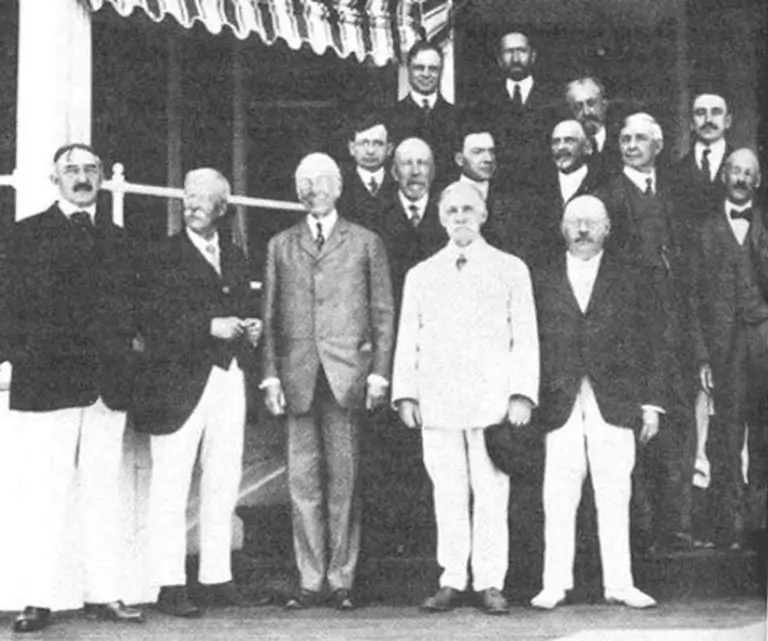
In the picture, you can see trustees of the General Educational Board, the first Rockefeller Foundation at a retreat in Rockland, Maine, July 1915. Besides Rockefeller, in the middle, you can also see for instance Charles W. Eliot (former president of Harvard University), Harry Pratt Judson (President of the University of Chicago), and many other “important” individuals that just by meeting in such arrangement have created something known as a conflict of interest.
Paracelsus (the name he gave himself, born as Philippus Aureolus Theophrastus Bombastus von Hohenheimborn), is sometimes called the “father” of toxicology, pharmaceutics, and modern allopathic form of medicine. Paracelsus was an alchemist, occultist, and chemist and essentially was a person who believed in poisoning people to heal diseases. Something that is in line with modern medicine. For example, today if a chemical does not have side effects, or in other words, if the chemical is not a poison, it can’t even be registered as a medicine. Only poisons that have side effects can be given with the permission of your MD, and this is exactly how the industry likes it. Holistic healing is not profitable. Paracelsus was a person that in history is considered a real father of modern type of medicine. For example, he started the treatment of venereal disease with mercury. His most quoted thesis was:
“The dose makes the poison.” (A popular short version.)
The original quote is:
“All things are poison and nothing (is) without poison; only the dose makes that a thing is no poison.”
Some reads on Paracelsus
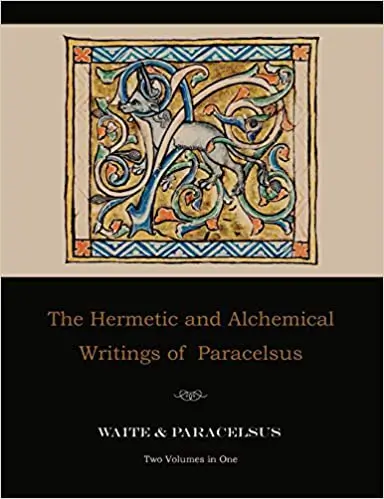
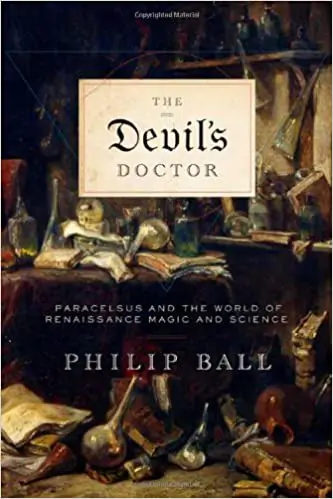
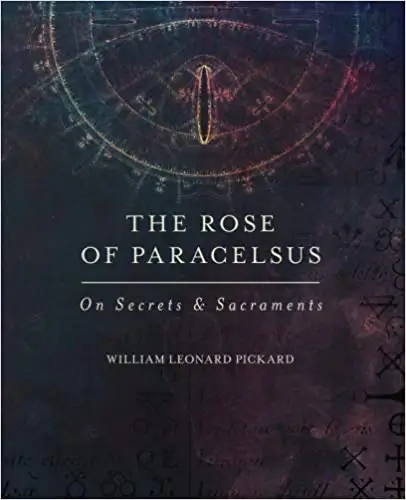
Besides this profit-driven, self-centered interest-oriented industry, there is another part of the problems we face in medicine that is philosophical in nature. The modern way of comprehension of reality is based on a belief system that human reason is a superior force to nature. The other prevailing belief is that there is no such thing as life. Yes, you read that right. Scientific medicine does not believe that there is such thing in existence as life. Life is not life. There is no distinction between living and dead matter. Life is just more complicated than dead matter arranged in such a manner to form the most complicated and structured machine in the universe that we perceive as life. It is just the rearrangement of dead atoms. This belief system is in the essence of the theory of evolution and medicine and all of the science we have today. It is a basic principle that defines our entire civilization, not just medicinal practice.
It is hard to explain so I will use an example. We can take a human organism and separate it into working “parts.” We will get the brain, heart, lungs, and so on. All of these organs are separated and do something for the organism. At the same time, we can take the average car and separate it into working parts too. We will get a driving motor, wheels, hoods, and so on. All of the parts are separated and do something for the car as a whole. So both the car and the man have many similar attributes. They have many functional parts. They can both move, and they both need a constant supply of energy to work. When they do work they both heat up, and if they heat up too much, they need to stop and cool themselves. If they are left without energy, they both stop and eventually rust (get old) and die.
Dying is not a real medicinal term. Because life does not exist and they are both just rearranged death matter they cannot die they can just stop functioning. Because our bodies are just stupid machines like any other car, we treat diseases, in the same manner, we treat broken cars. We have intervention treatments.
This is the belief system you will get in hospitals. This is actually great if you just had an accident and they need to save your life but terrible for anything else. This philosophy has a detrimental effect.
Doctors actually do not treat diseases at all. They treat symptoms. For example, you have a cold, and your body raised the temperature to fight it. What will your MD prescribe? They will give you something to lower the temperature and release you from pain. This will just make it more difficult for your immune system to fight, but now you do not have any symptoms. So are you healthy? If you do not have symptoms, you do not have the disease. You still have the virus, but you are feeling well, so you are fine. This is how modern medicine works. You might be full of toxins have high inflammation and who knows what but until you got a real problem like cancer or heart disease, guess what? You are healthy.
Until they can detect any symptom, there is nothing they can do for you. They do not deal with promoting health and life. They are not health-practicing individuals.
Allopatric medicine deals with sickness. Allopatric medicine deals with symptoms. Who deals with real diseases? Your body does.
There are no cures. You can only help your body to heal and help it from becoming ill in the first place. The cures you get from doctors are not cures. They are treatments.
When we combine these two beliefs that there is no such thing as life and that human reason is a supreme force over nature we have something called allopathic (modern) medicine.
However, there is one curtail difference between machinery like automobiles and machinery like a human organism. The characteristic of a living organism is self-sufficiency. Living organisms, unlike machinery, can heal themselves and sustain themselves. They do not need a mechanic. If the car can self-repair and self-drive to the gasoline station, then the car would be a living creature. That is something modern allopathic medicine does not recognize. They treat every pain every symptom and every disease, but they do not treat the causes of the diseases and do not treat the whole body holistically. Medicine is segregated into specialist areas with every doctor being a specialist in his domain and looking into his own organ where every problem gets its Latin name and list of medicine to prescribe. And that is it. Students learn these “lists” like they memorize lyrics from the songs and everyone sings his own song with a different prescription. That is as far as you will go in treatment in any hospital. The entire health fantasy is just propaganda for you so that you can feel safe and continue to give a big chunk of your income to the industry. They know that you don’t care about your health as long as you are healthy and they wait for you to get some of the symptoms to feed on your anxiety. It is too late if you get the first symptoms of the disease. Remember this next sentence.
There is no magic cure. There is no cure. Your own body is the cure. If you abuse it, don’t expect purple magic pills. Only purple magic painkillers.
References:
Passages selected from a book: Pokimica, Milos. Go Vegan? Review of Science Part 2. Kindle ed., Amazon, 2018.
Do you have any questions about nutrition and health?
I would love to hear from you and answer them in my next post. I appreciate your input and opinion and I look forward to hearing from you soon. I also invite you to follow us on Facebook, Instagram, and Pinterest for more diet, nutrition, and health content. You can leave a comment there and connect with other health enthusiasts, share your tips and experiences, and get support and encouragement from our team and community.
I hope that this post was informative and enjoyable for you and that you are prepared to apply the insights you learned. If you found this post helpful, please share it with your friends and family who might also benefit from it. You never know who might need some guidance and support on their health journey.
– You Might Also Like –

Learn About Nutrition
Milos Pokimica is a doctor of natural medicine, clinical nutritionist, medical health and nutrition writer, and nutritional science advisor. Author of the book series Go Vegan? Review of Science, he also operates the natural health website GoVeganWay.com
Medical Disclaimer
GoVeganWay.com brings you reviews of the latest nutrition and health-related research. The information provided represents the personal opinion of the author and is not intended nor implied to be a substitute for professional medical advice, diagnosis, or treatment. The information provided is for informational purposes only and is not intended to serve as a substitute for the consultation, diagnosis, and/or medical treatment of a qualified physician or healthcare provider.NEVER DISREGARD PROFESSIONAL MEDICAL ADVICE OR DELAY SEEKING MEDICAL TREATMENT BECAUSE OF SOMETHING YOU HAVE READ ON OR ACCESSED THROUGH GoVeganWay.com
NEVER APPLY ANY LIFESTYLE CHANGES OR ANY CHANGES AT ALL AS A CONSEQUENCE OF SOMETHING YOU HAVE READ IN GoVeganWay.com BEFORE CONSULTING LICENCED MEDICAL PRACTITIONER.
In the event of a medical emergency, call a doctor or 911 immediately. GoVeganWay.com does not recommend or endorse any specific groups, organizations, tests, physicians, products, procedures, opinions, or other information that may be mentioned inside.
Editor Picks –
Milos Pokimica is a health and nutrition writer and nutritional science advisor. Author of the book series Go Vegan? Review of Science, he also operates the natural health website GoVeganWay.com
Latest Articles –
Top Health News — ScienceDaily
- The overlooked nutrition risk of Ozempic and Wegovyon February 4, 2026
Popular weight-loss drugs like Ozempic and Wegovy can dramatically curb appetite, but experts warn many users are flying blind when it comes to nutrition. New research suggests people taking these medications may not be getting enough guidance on protein, vitamins, and overall diet quality, increasing the risk of muscle loss and nutrient deficiencies.
- A 25-year study found an unexpected link between cheese and dementiaon February 4, 2026
A massive Swedish study tracking nearly 28,000 people for 25 years found an unexpected link between full-fat dairy and brain health. Among adults without a genetic risk for Alzheimer’s, eating more full-fat cheese was associated with a noticeably lower risk of developing the disease, while higher cream intake was tied to reduced dementia risk overall. The findings challenge decades of low-fat dietary advice but come with important caveats.
- MIT’s new brain tool could finally explain consciousnesson February 4, 2026
Scientists still don’t know how the brain turns physical activity into thoughts, feelings, and awareness—but a powerful new tool may help crack the mystery. Researchers at MIT are exploring transcranial focused ultrasound, a noninvasive technology that can precisely stimulate deep regions of the brain that were previously off-limits. In a new “roadmap” paper, they explain how this method could finally let scientists test cause-and-effect in consciousness research, not just observe […]
- Why heart disease risk in type 2 diabetes looks different for men and womenon February 4, 2026
Scientists are digging into why heart disease risk in type 2 diabetes differs between men and women—and sex hormones may be part of the story. In a large Johns Hopkins study, men with higher testosterone had lower heart disease risk, while rising estradiol levels were linked to higher risk. These hormone effects were not seen in women. The results point toward more personalized approaches to heart disease prevention in diabetes.
- Sound machines might be making your sleep worseon February 4, 2026
Sound machines may not be the sleep saviors many believe. Researchers found that pink noise significantly reduced REM sleep, while simple earplugs did a better job protecting deep, restorative sleep from traffic noise. When pink noise was combined with outside noise, sleep quality dropped even further. The results suggest that popular “sleep sounds” could be doing more harm than good—particularly for kids.
- This unexpected plant discovery could change how drugs are madeon February 3, 2026
Plants make chemical weapons to protect themselves, and many of these compounds have become vital to human medicine. Researchers found that one powerful plant chemical is produced using a gene that looks surprisingly bacterial. This suggests plants reuse microbial tools to invent new chemistry. The insight could help scientists discover new drugs and produce them more sustainably.
- A hidden cellular process may drive aging and diseaseon February 3, 2026
As we age, our cells don’t just wear down—they reorganize. Researchers found that cells actively remodel a key structure called the endoplasmic reticulum, reducing protein-producing regions while preserving fat-related ones. This process, driven by ER-phagy, is tied to lifespan and healthy aging. Because these changes happen early, they could help trigger later disease—or offer a chance to stop it.
PubMed, #vegan-diet –
- Diet type and the oral microbiomeon February 2, 2026
CONCLUSION: The diet-oral microbiome-systemic inflammation axis is bidirectional and clinically relevant. Understanding both direct ecological regulation and indirect metabolic effects is essential to support precision nutrition strategies aimed at maintaining oral microbial balance and systemic inflammatory risk mitigation.
- Consensus document on healthy lifestyleson January 22, 2026
Proteins are a group of macronutrients that are vital to our lives, as they perform various functions, including structural, defensive and catalytic. An intake of 1.0-1.2 g/kg/body weight per day would be sufficient to meet our needs. Carbohydrate requirements constitute 50 % of the total caloric value and should be obtained mainly in the form of complex carbohydrates. In addition, a daily intake of both soluble and insoluble fiber is necessary. Regular consumption of extra virgin olive oil […]
- Vitamin B12 and D status in long-term vegetarians: Impact of diet duration and subtypes in Beijing, Chinaon January 21, 2026
CONCLUSIONS: This study reveals a dual challenge among Beijing long-term vegetarians: vitamin B12 deficiency was strongly associated with the degree of exclusion of animal products from the diet (veganism), while vitamin D deficiency was highly prevalent and worsened with longer diet duration. The near-universal vitamin D deficiency observed in this study suggests that, in the Beijing context, the risk may extend beyond dietary choice, potentially reflecting regional environmental factors;…
- Nutritional evaluation of duty meals provided to riot police forces in Germanyon January 13, 2026
Background: The primary role of the German riot police is maintaining internal security. Due to challenging working conditions, riot police forces face an elevated risk of various diseases. During duty, forces are provided with meals. A balanced diet can reduce the risk of some of these diseases and contribute to health-promoting working conditions. Aim: First evaluation of the nutritional quality of duty meals in Germany based on German Nutrition Society recommendations (DGE). Methods: In…
- Iodineon January 1, 2006
Iodine is an essential trace nutrient for all infants that is a normal component of breastmilk. Infant requirements are estimated to be 15 mcg/kg daily in full-term infants and 30 mcg/kg daily in preterm infants.[1] Breastmilk iodine concentration correlates well with maternal urinary iodine concentration and may be a useful index of iodine sufficiency in infants under 2 years of age, but there is no clear agreement on a value that indicates iodine sufficiency, and may not correlate with […]
Random Posts –
Featured Posts –
Latest from PubMed, #plant-based diet –
- From paddy soil to dining table: biological biofortification of rice with zincby Lei Huang on February 4, 2026
One-third of paddy soils are globally deficient in zinc (Zn) and 40% of Zn loss in the procession from brown rice to polished rice, which results in the global issue of hidden hunger, e.g., the micronutrient deficiencies in the rice-based population of developing countries. In the recent decades, biofortification of cereal food crops with Zn has emerged as a promising solution. Herein, we comprehensively reviewed the entire process of Zn in paddy soil to human diet, including the regulatory…
- Molecular Characterization of Tobacco Necrosis Virus A Variants Identified in Sugarbeet Rootsby Alyssa Flobinus on February 3, 2026
Sugarbeet provides an important source of sucrose; a stable, environmentally safe, and low-cost staple in the human diet. Viral diseases arising in sugarbeet ultimately impact sugar content, which translates to financial losses for growers. To manage diseases and prevent such losses from occurring, it is essential to characterize viruses responsible for disease. Recently, our laboratory identified a tobacco necrosis virus A variant named Beta vulgaris alphanecrovirus 1 (BvANV-1) in sugarbeet…
- Nutrition in early life interacts with genetic risk to influence preadult behaviour in the Raine Studyby Lars Meinertz Byg on February 3, 2026
CONCLUSIONS: Nutrition in early life and psychiatric genetic risk may interact to determine lasting child behaviour. Contrary to our hypothesis, we find dietary benefits in individuals with lower ADHD PGS, necessitating replication. We also highlight the possibility of including genetics in early nutrition intervention trials for causal inference.
- Effect of the gut microbiota on insect reproduction: mechanisms and biotechnological prospectsby Dilawar Abbas on February 2, 2026
The insect gut microbiota functions as a multifunctional symbiotic system that plays a central role in host reproduction. Through the production of bioactive metabolites, gut microbes interact with host hormonal pathways, immune signaling, and molecular regulatory networks, thereby shaping reproductive physiology and fitness. This review summarizes recent advances in understanding how gut microbiota regulate insect reproduction. Accumulating evidence demonstrates that microbial metabolites…
- Rationale and design of a parallel randomised trial of a plant-based intensive lifestyle intervention for diabetes remission: The REmission of diabetes using a PlAnt-based weight loss InteRvention…by Brighid McKay on February 2, 2026
CONCLUSIONS: This trial will provide high-quality clinical evidence on the use of plant-based ILIs to address the epidemics of obesity and diabetes to inform public health policies and programs in Canada and beyond.
- Diet type and the oral microbiomeby Daniel Betancur on February 2, 2026
CONCLUSION: The diet-oral microbiome-systemic inflammation axis is bidirectional and clinically relevant. Understanding both direct ecological regulation and indirect metabolic effects is essential to support precision nutrition strategies aimed at maintaining oral microbial balance and systemic inflammatory risk mitigation.
